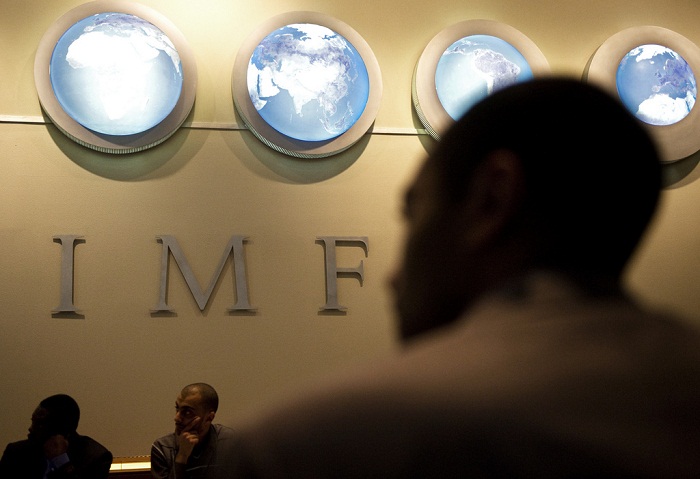Romania's promises to IMF: sell CFR Marfa and 15% of Transgaz, put Oltchim into insolvency



 The Romanian authorities have promised the International Monetary Fund that urgent efforts will be made in the reform of state owned companies. “The secondary public offering of 15 percent of the capital of Transgaz will be finalized in the coming months and a majority share in CFR Marfa will be sold to a strategic investor. Oltchim will be put into insolvency,” reads an IMF statement released today (January 29 ) following the seventh review of Romania's Standby Arrangement. Efforts to put private sector management in state companies will be “stepped up.”
The Romanian authorities have promised the International Monetary Fund that urgent efforts will be made in the reform of state owned companies. “The secondary public offering of 15 percent of the capital of Transgaz will be finalized in the coming months and a majority share in CFR Marfa will be sold to a strategic investor. Oltchim will be put into insolvency,” reads an IMF statement released today (January 29 ) following the seventh review of Romania's Standby Arrangement. Efforts to put private sector management in state companies will be “stepped up.”
The Romanian authorities want an extension of the current deal by a few months to allow time for commitments, particularly in government payment arrears and public sector reform, to be met. Although the IMF refers to the request and an earlier statement from the team currently in Bucharest accepted the idea “in theory,” there is as yet no definitive IMF blessing on the proposed extension. The IMF also mentioned unnamed “corrections” to Romania's 2013 budget, which is currently being reviewed by MPs ahead of a parliamentary discussion of February 5.
Estimates suggest that real GDP growth was flat in 2012, according to the IMF, while for 2013 the IMF follows the Romanian government's 1.6 percent growth prediction. Inflation is expected to fall to “slightly above” 3.5 percent by the end of 2013, while the IMF foresees the current account deficit remaining at around 4 percent of GDP this year.
There is some positive news from the IMF, “fiscal imbalances that built up before the global financial crisis have been largely corrected.” The 2012 budget deficit in accrual terms was below 3 percent, but Romania missed the cash deficit target, mainly due to the suspension of payment of EU funds.
The IMF gave its approval of the public sector pay rises and the increases in pensions and the minimum wage within the draft budget proposal, as well as noting several measures to increase government revenues. These included the mandatory turnover tax on small businesses, the “improved” taxation of agriculture and reduced tax deductions.
Teams from the IMF and the European Commission (EC) visited Bucharest from January 15–29 to conduct discussions on the seventh and final review by the IMF and the last review by the EC of Romania’s economic program.
Romania had an agreement with the IMF, signed in 2004, which was not completed, and ended after one evaluation. The country later had another deal with the IMF, for some EUR 13 billion, which ended in 2011. The existing EUR 5 billion deal with the IMF and the European Union is meant to be solely precautionary.
Liam Lever, liam@romania-insider.com